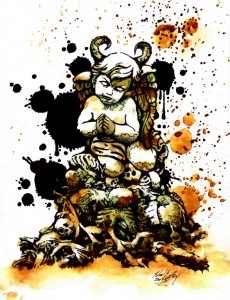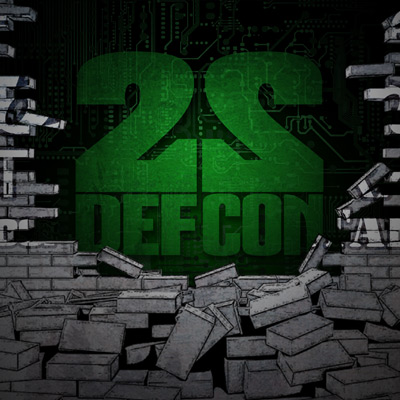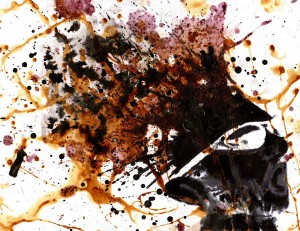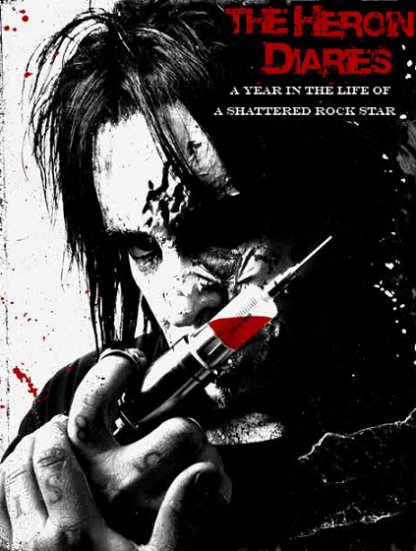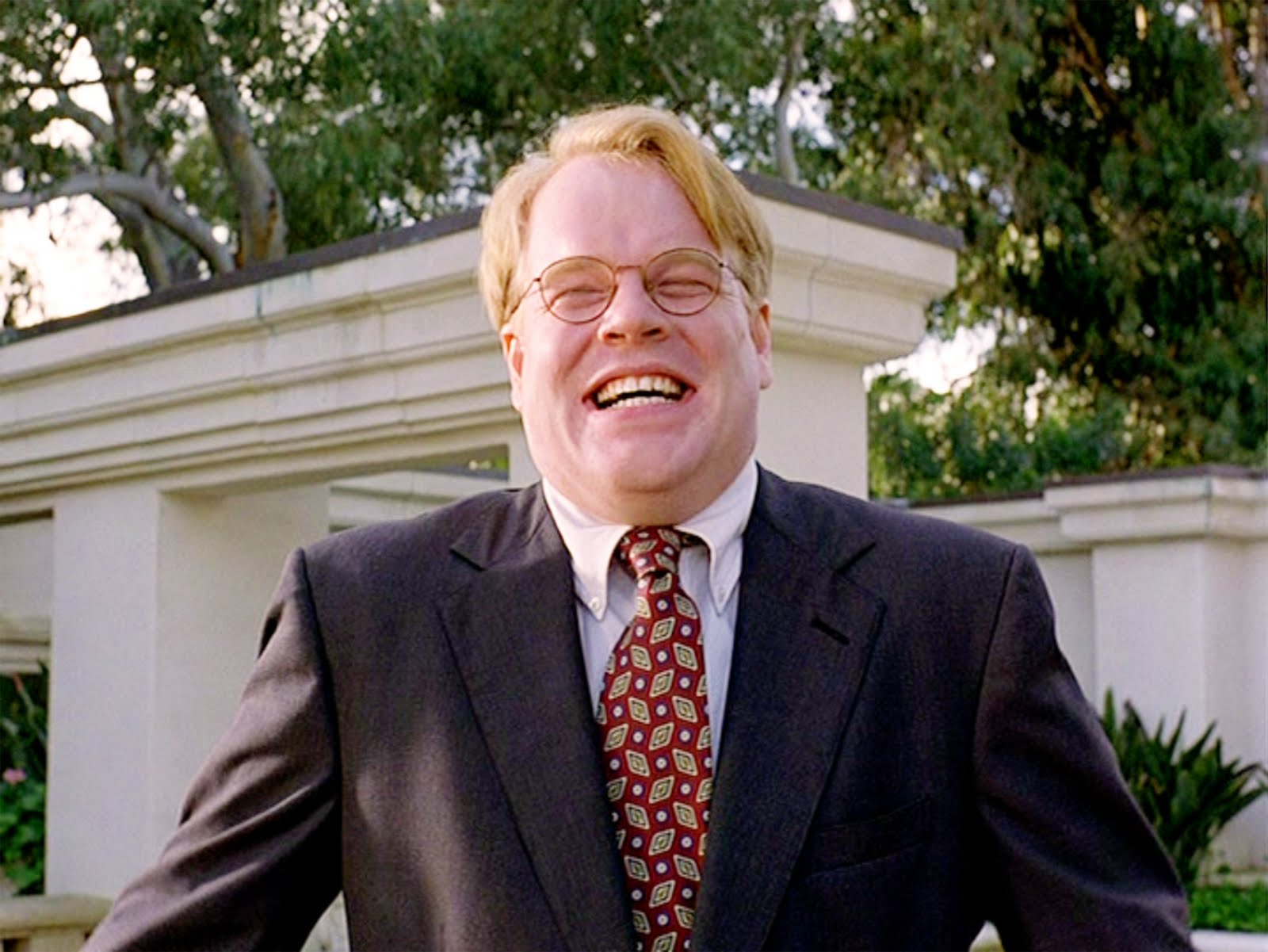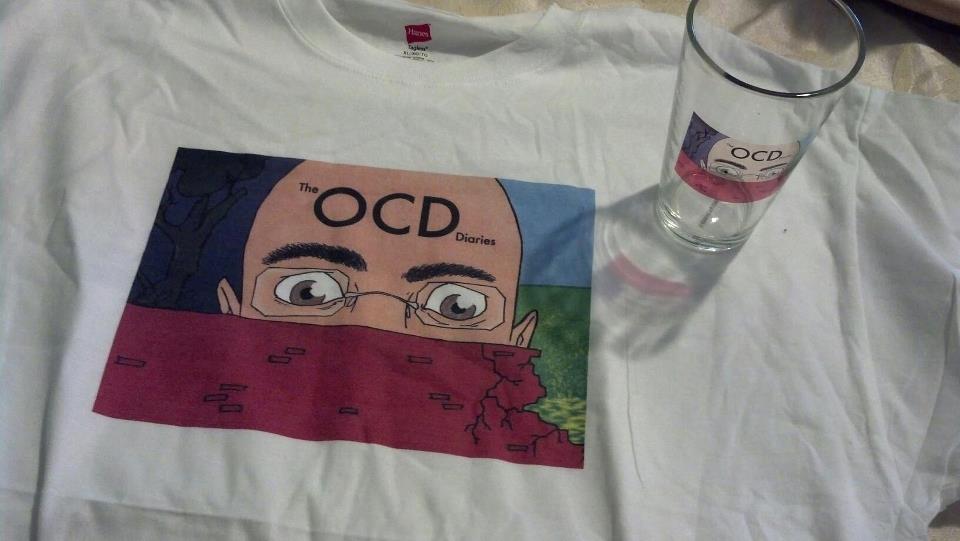A while back, I wrote about my use of electronic cigarettes as a way to avoid tobacco products.
Since then, the phenomenon known as “vaping” has taken off. It’s especially popular in the security industry I work in. There’s some symbolism in that, as I’ll explain shortly. But first, a self-assessment.
Mood music:
http://youtu.be/53iekfJg4IY
E-cigs have gotten me over smoking. True, vaping looks like smoking, and even feels like it to an extent. But I’m using nicotine-free water vapor and have absolutely no interest in returning to the old-fashioned cigarettes. I now detest the smell of real cigarette smoke and how it hangs in the air like a bad dream. I don’t miss getting ashes all over my clothes, either.
I like how the vapor vanishes almost immediately after the exhale and how it makes no mess. My breathing is also ten times better since nixing the cigarettes. (OK, that last one isn’t a scientific measure, but you get the idea.)
I admit that I’m also using vapor to satisfy the need to have something in my hand and in my mouth. I’ve done far worse, though. I can live with this.
There is something else I enjoy about vaping: the creativity it brings out in my security peers.
Which brings me to the symbolism I mentioned earlier.
Hackers are thought of as people who break things, and that’s partly true. The good guys break things to uncover weaknesses in technology that can then be fixed. That work is potentially lifesaving, if you look at the late Barnaby Jack’s focus on finding and fixing security holes in medical devices.
But the thing that gets lost is that hackers are also master builders. In the process of breaking things, they help build stronger technology. And, in the case of some friends, they love to build devices that dispense vapor. Hell, there’s even a Facebook group dedicated to the craft.
There, folks show off the different liquid flavors they’re trying the same way foodies take pictures of all their meals. They also show off the myriad vaping devices they’ve concocted, many of which look like lightsabers. The pieces that are assembled into a pipe are like the paints an artist puts on canvas.
Some of us get carried away. Take my friend Boris, who started collecting and concocting devices some time ago and can’t stop. Look at the guy’s bathroom:
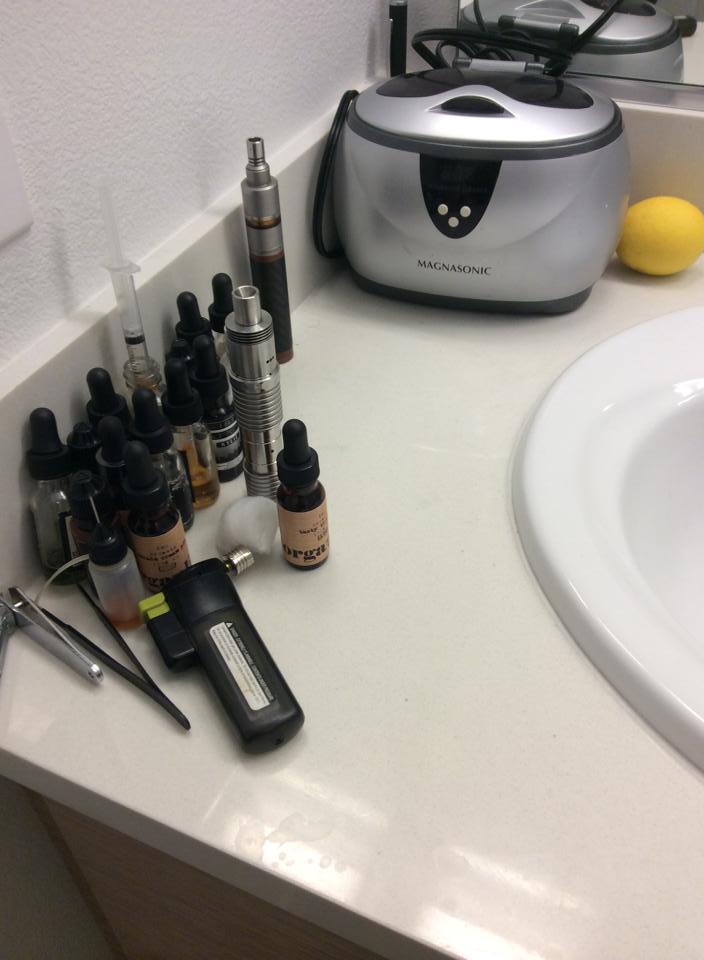
While some like to build their own, there are also folks who just like to collect different pipes the way kids collect baseball cards. Martin Bos has an impressive collection:
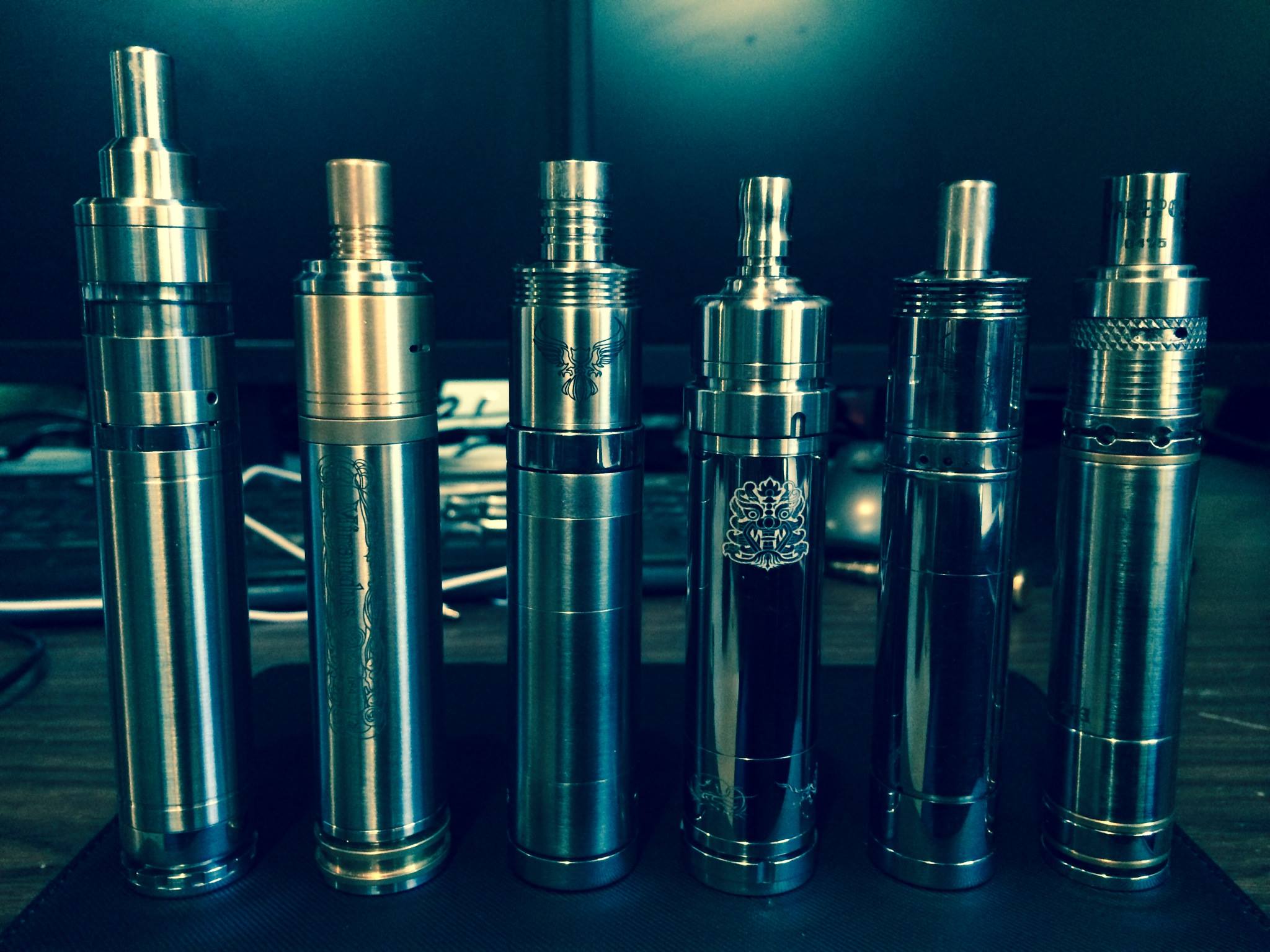
While the creativity that Boris and Martin demonstrate tickles me, I’ve mostly used the e-cigs you can find in most gas stations. I only recently upgraded to an eGo pipe, which so far has great battery life.
I don’t plan to maintain a vaping habit forever. But compared to some of my past habits, which caused plenty of physical and mental destruction, this is good clean fun.
For now.


